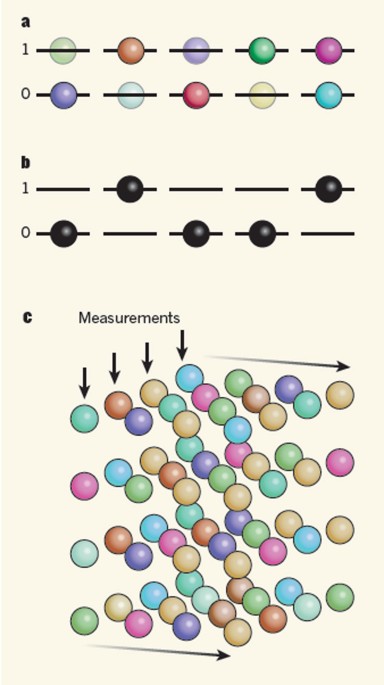- Select a language for the TTS:
- UK English Female
- UK English Male
- US English Female
- US English Male
- Australian Female
- Australian Male
- Language selected: (auto detect) - EN
Play all audios:
"I did understand one thing – power. I knew how to put the 415 cables together." There is much that is electrifying about this interview – the second of a four-part series – not
least because it covers the period of the greatest structural economic reform in Australia's history. Kerry O'Brien skilfully guides the world's greatest Treasurer through
winning the 1983 election, the Accord, the floating of the dollar, the deregulation of the banking system and the complete rewrite of the Australian tax system which was done – as Keating
relates in vivid detail – in an astonishingly intense five months. Keating has a vitriolic reputation, and we see some clips at the end of the interview of his most famous parliamentary
put-downs – who knew he called Peter Costello the talking knee? Despite this, he is remarkably generous in his assessment of the other great characters of the era. He is kind to Bill Hayden,
warm about Bill Kelty and positively admiring of Bob Johnson, then head of the Reserve Bank. Even the men (and they are all men) he has little time for – John Stone, head of Treasury and
the titled, plum-in-the-mouth head of the NAB – are let off fairly lightly. However, it is in his discussion of his complex relationship with Bob Hawke that the interview really takes off.
The collector of baroque clocks was not immediately smitten by the sinker of yard glasses. They met socially while Bob was still president of the ACTU and Keating dismisses him with "He
was always a bit … well … rude." The relationship appeared to get worse before it got better, with Keating revealing that Hawke considered making Ralph Willis Treasurer when he first
won government. We get a strong flavor of Keating's willingness and ability to exercise power when he tells O'Brien: "I said, Bob, you try and touch me as Treasurer and I will
invoke the Harry Truman doctrine of massive retaliation." And that, one senses, was the end of that. But the relationship improved. Keating agrees wholeheartedly – "that's
it" – when O'Brien sums up the relationship between PM and Treasurer as "Hawke delivered the political capital and you used it up." He also talks quite movingly about the
period when Hawke had to confront the news that his younger daughter was addicted to heroin, though it is not so much what he says that affected me as his facial expression. Keating – who
earlier describes politics as a "sentimental business" – was genuinely moved by the sufferings of his boss. It is the mark of the man, however, that despite his sympathy he claimed
he quickly filled what he described as "the void" that Hawke left over '85, '86 and '87. When confronted by O'Brien about calling Hawke an "envious little
bastard", he ruefully agrees that there was much "kicking, shoving and gouging" between the two of them, but he argues they always kept their eyes on the main game –
"winning and moving the country forward." Keating even goes so far as to say that he always had affection for Bob. "In the end I was a soft touch for him and he was a soft
touch for me." No doubt that is why they were such an effective team. It was towards the end of part two that the contrast between the politics of the '80s and today became stark.
Keating described how he talked up to the community just as he would to a member of caucus. He spoke brilliantly about the power of the political metaphor, saying "to speak to the
community metaphorically about change … gives them a picture in which they can encapsulate an argument." What comes across so far in both parts of the interview is of a larger than life
character. An autodidact, whose native intelligence, taste and curiosity gave him a freshness of approach and an originality that now seems to have been MBA'd, PHD'd and
Rhodes-scholared out of existence. His analysis of the rapid-fire thought process that accompanies an MP standing to ask a question is a tour de force. He talks about the fun he had and
clearly approached politics as a game to be fought and won but also enjoyed. Perhaps what he had that seems so utterly lacking from our cast of political characters today is creativity. His
description of how he'd get ideas listening to the great composers is wonderful. But his best moment for me came right at the end when he described how listening to great music kept him
earthed. "The genius of the great composers means – sorry – but you've missed out ... They pumped me up about the scale of it all but reminded me how ordinary it was. (We're)
just bit players on a very large stage." I think he just described sanity and a sense of proportion.



